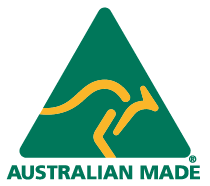CD replication
CDs and DVDs are one of the most commonly used devices to store information. Apart from CD replication, they are commonly referred to as storage devices as they have the ability to save large amounts of information. This information can be conveniently copied or written on with the help of a computerised and automated process. Information is stored on a CD and DVD with the help of a laser lens that electronically saves the information.
CD replication has become a huge industry in countries such as America, Japan, Australia and across the world. There are companies that offer specialised services for those who want CDs replicated in small or large quantities.
CD Replication is a process where the information from one disc is transferred onto another with the help of a copying medium and with an approval from the manufacturer and is an expensive process, which requires expensive automated equipment. These systems are usually used for large quantities of CDs and DVDs.
There is a difference in duplicating a CD and replicating it.
One of the main differences is that replicating a CD requires the authorisation of the manufacturer, unlike in duplication. CD Replication is a standardised process to make large quantities of CDs with the help of a glass master of the information. This in turn produces stampers, which are used to mould the information onto a CD foil. Once done the information is protected by layers of polycarbonate plastic. The layered disc is then usually screened and finally packed.
Even thought the various processes involved in replication the entire process is automated. It is fairly cost effective as these units are made in a factory and very affordable to order. CD replication have their cost and utility advantages. It is advisable to choose the method to have multiple copies of CDs keeping in mind the cost effectiveness of each.



